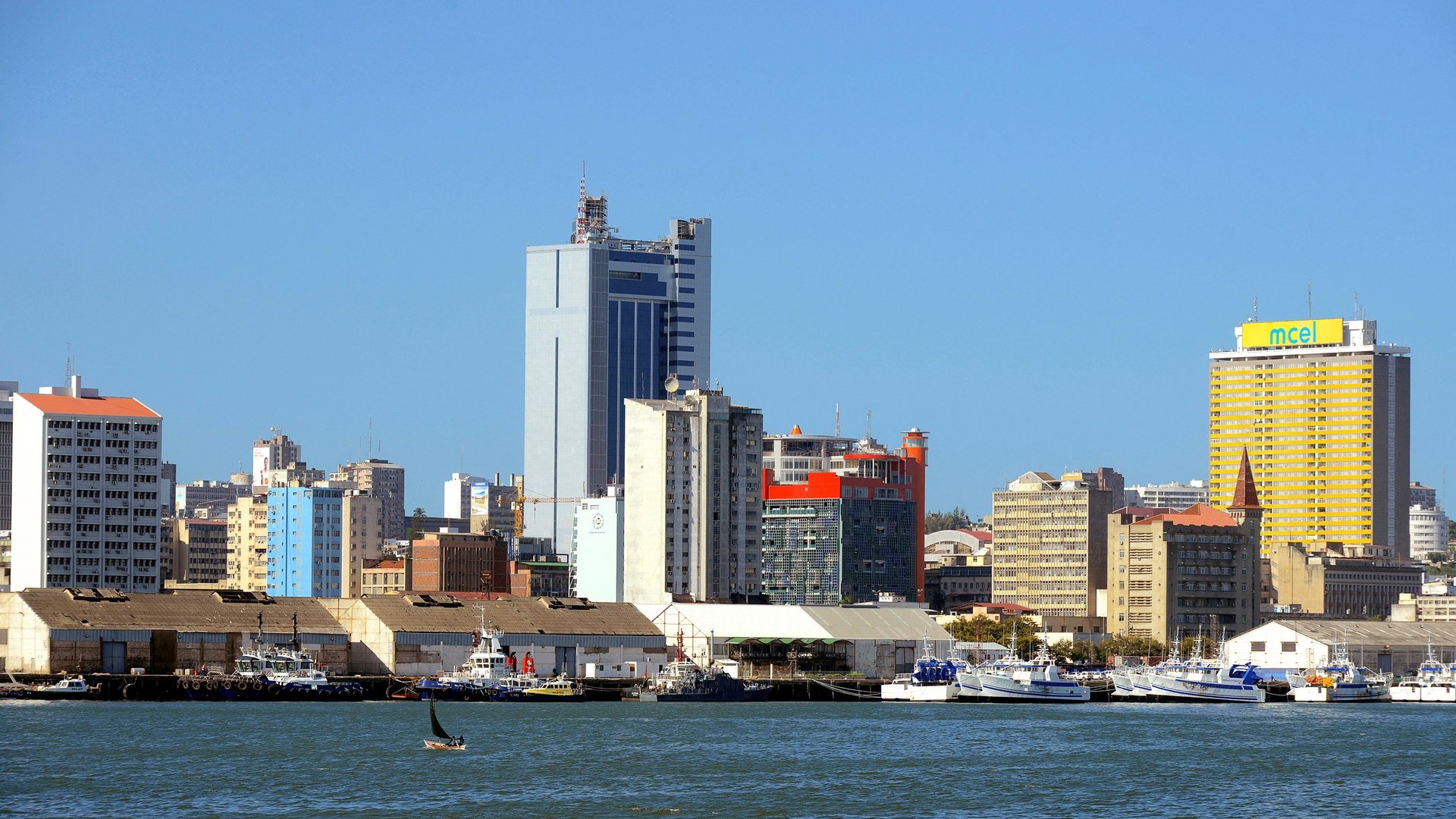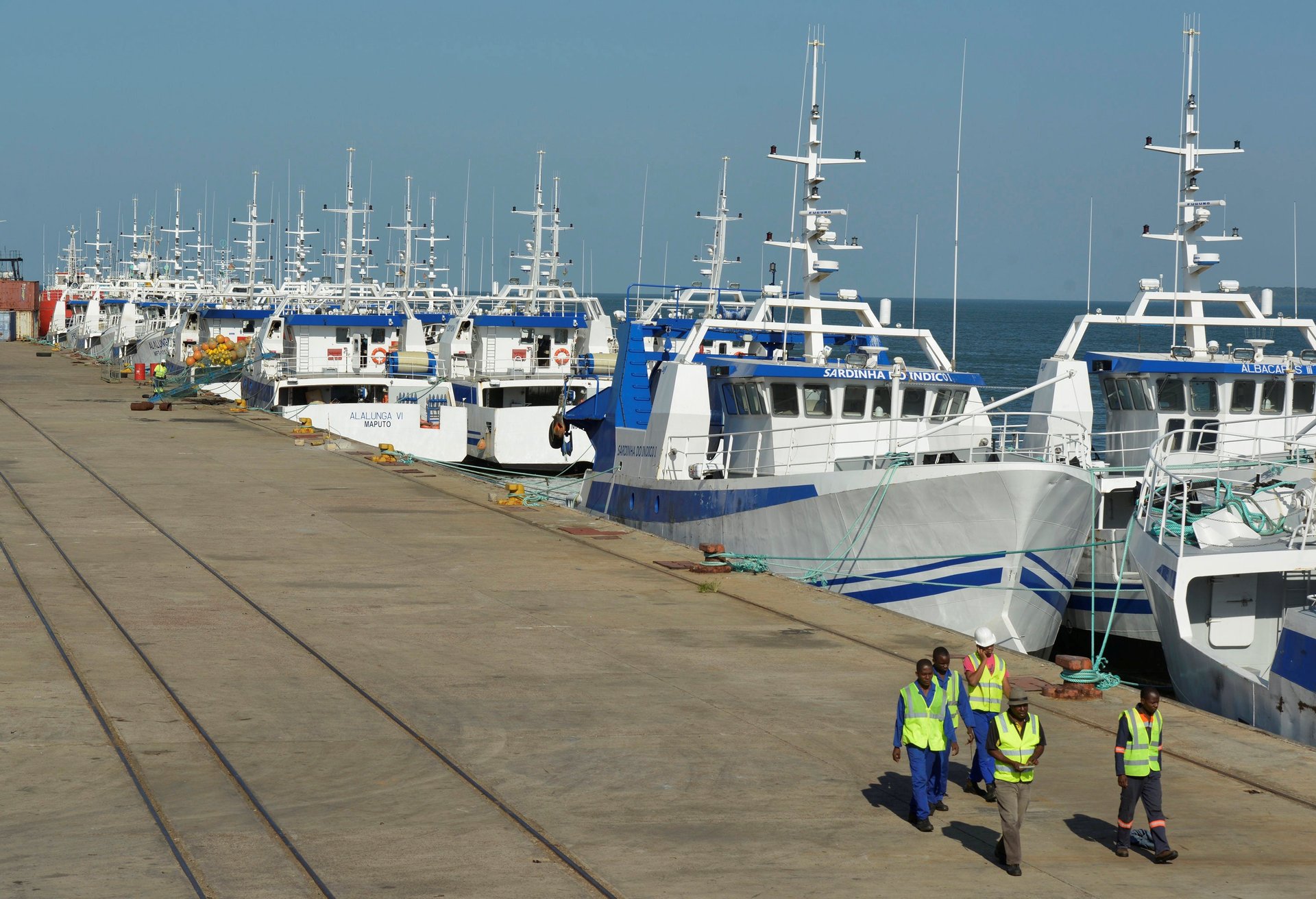Mozambique may have a way out of its billion dollar secret debt—but it probably won’t use it
The initial shock of Mozambique’s debt crisis may have worn off, but the fallout is just beginning.


The initial shock of Mozambique’s debt crisis may have worn off, but the fallout is just beginning.
Last April, the International Monetary Fund (IMF) suspended aid to Mozambique after revelations that the country has been hiding a debt of $1.16 billion. State-owned companies had borrowed the money in 2013 from Swiss multinational financial services firm Credit Suisse, and the Russian VTB bank. The loans, guaranteed by the Mozambican government, were supposed to be invested into the fishing industry. Instead, they were diverted to purchase arms.
The Mozambican government has since come clean and hired an IMF veteran as its central bank governor in a bid to restore its reputation. But it still has to figure out how to repay a debt that could be as much as 80% of the country’s GDP. Some analysts believe the Mozambican government could query the debt’s legitimacy if it shifted focus to whether the banks were acting responsibly in making the loans in the first place. But with a party election coming up in September, Mozambique’s political elite are unlikely to take this advice, for fear of political fallout.
Development researcher Joseph Hanlon, a fellow at the London School of Economics and Open University with a focus on Mozambique, believes Credit Suisse and VTB could potentially be held accountable for the debt, if they were shown to have “made the loan illegitimate by not either doing due diligence or ignoring the due diligence.” Hanlon was speaking on an online panel hosted by the Africa Research Institute and Mozambique-based news site Zitamar on Jan. 25.
The banks should have noticed three things, according to Hanlon: that the loan’s guarantee was unconstitutional and illegal, because the decision was made unilaterally by the then-finance minister, violating Mozambique’s budgetary laws; that the feasibility studies conducted by the companies seeking the loans were “totally ridiculous;” and that the debt was always going to be unsustainable.
“What the Mozambican government simply needs to do, is that they do not honor, and do not acknowledge, the loan guarantee,” Hanlon argued. That would take the matter to UK courts, as the loans were arranged under British law. Neither bank, he believes, would have the appetite for a battle in open court.
The two loans structured as syndicated bonds, that is, held by a group of lenders, may be simpler to get out of, Hanlon said. But the sovereign loan, held as public debt, would require the government to prove that it acted on questionable information, based on the bonds sold by VTB and Credit Suisse.

Credit Suisse declined to comment. VTB referred Quartz to the statement the bank has previously released on the matter. The Russian bank shared most of its debt with the state-owned Mozambique Asset Management last year and said in that statement that Mozambique’s finance ministry found that VTB’s prospectus disclosed all the relevant information to bondholders.
A court case would also open the government up to even more scrutiny. Apart from a parliamentary committee that has resulted in little accountability for the politicians involved, there has been little effort to really investigate the use of the loans, said panelist Anne Frühauf of Teneo, a global advisory firm in Bogota.
The issue has been made more complicated by the fact that the current president, Filipe Nyusi, was the defense minister in former president Armando Guebuza’s administration, under whose watch the loans were made.
“Will they accept a very heavy debt burden primarily because of the political dynamics at play in the former administration of Guebuza, and under Nyusi now?” Frühauf asked.
Kroll, an international auditing firm, is currently investigating the scandal at the request of Mozambique’s attorney general, the government of Sweden and the IMF.
Jorge Matine, a public finance researcher at Maputo’s Center for Public Integrity, told Quartz that the people most affected by the debt have been informal Mozambican traders who have seen prices rise on goods imported from neighboring countries.
“The debt is just an example of a larger problem in Mozambique,” he added. “The police take bribes, teachers will sell exams, and people going to hospital have to pay clerks and nurses” to secure appointments and basic medical supplies.
“The culture of impunity filters down.”
A previous version of this story erroneously stated that president Filipe Nyusi the finance minister in Armando Guebuza’s administration. He was the defense minister.